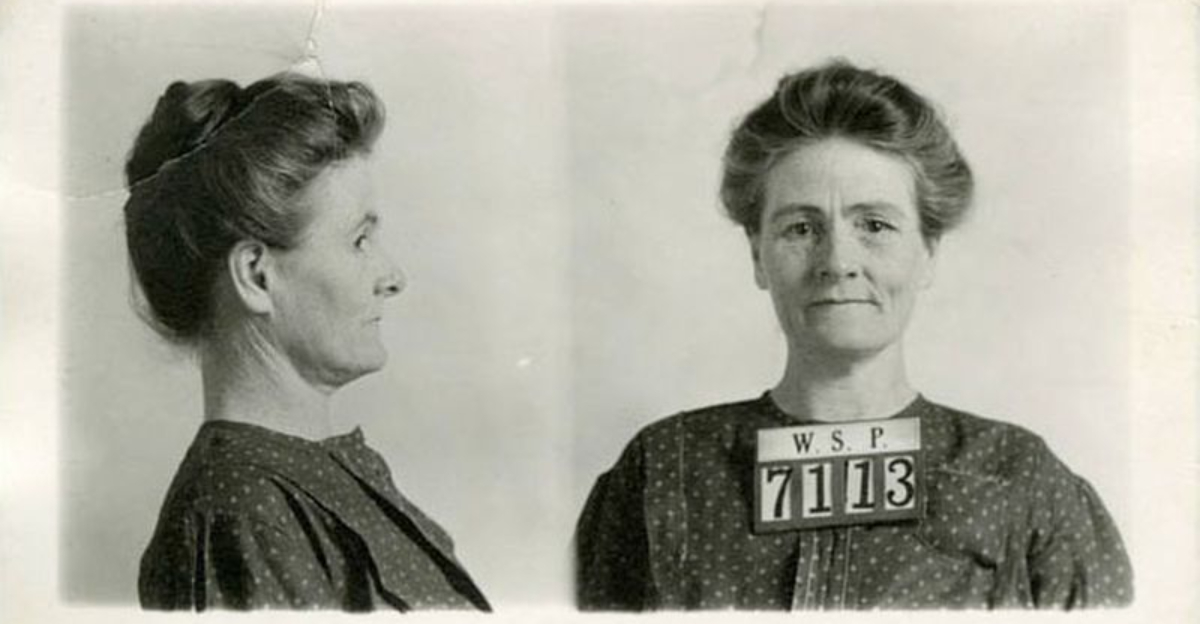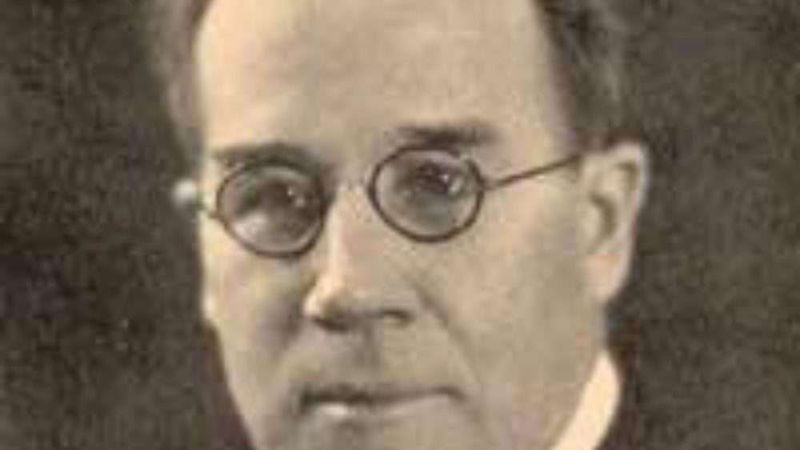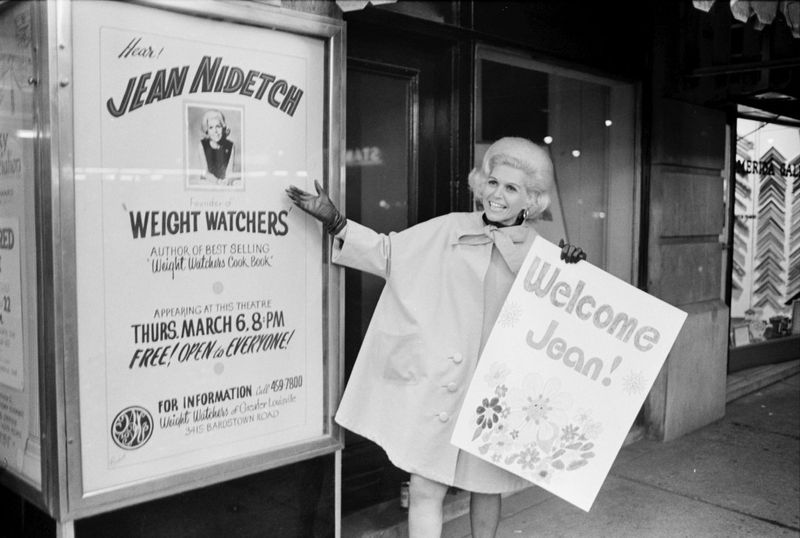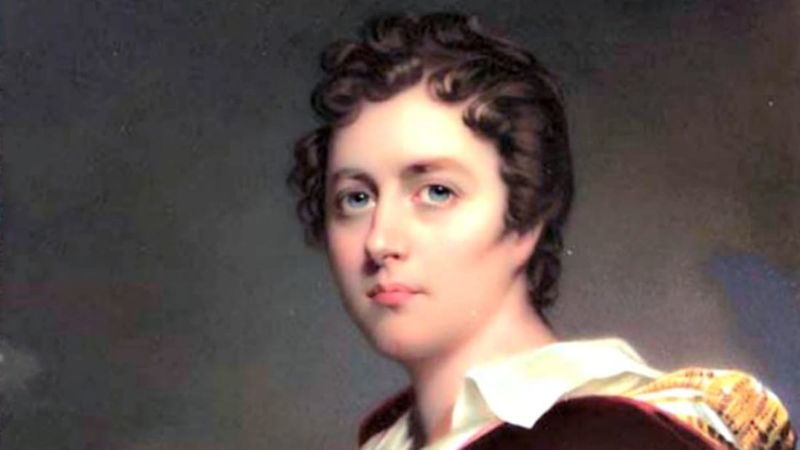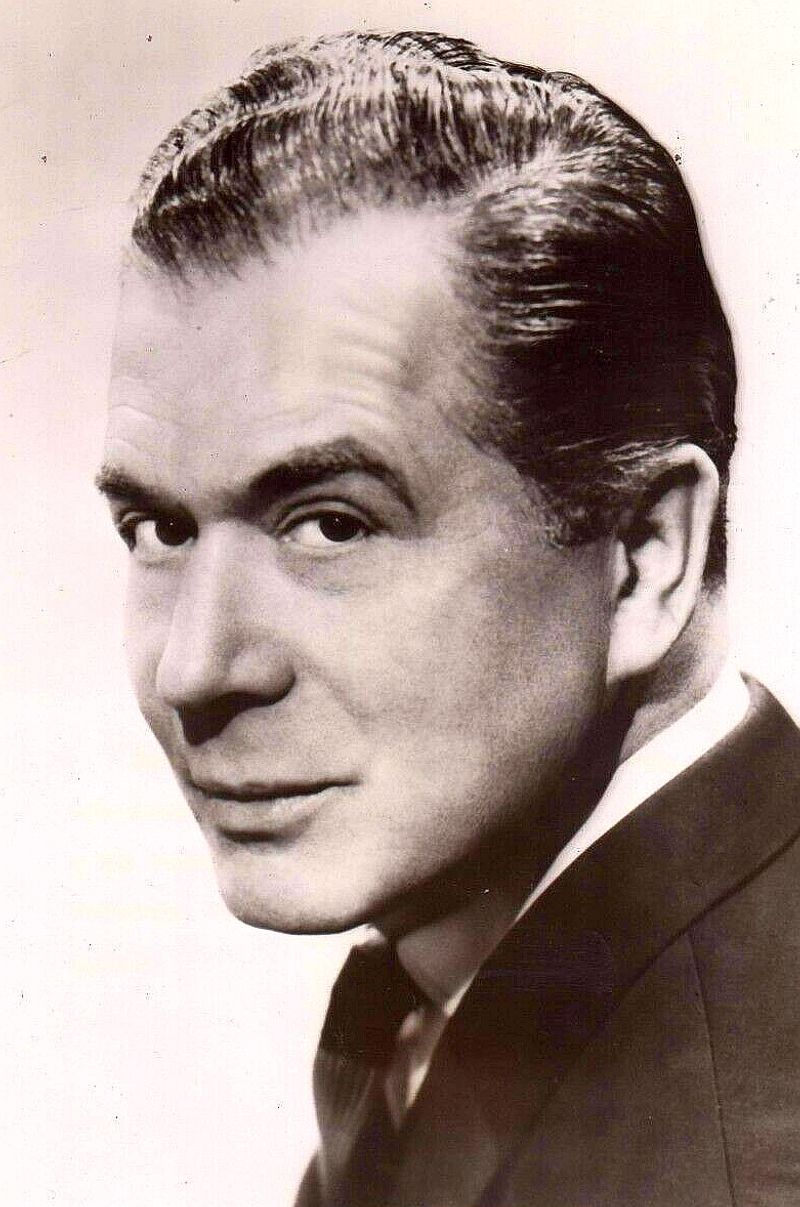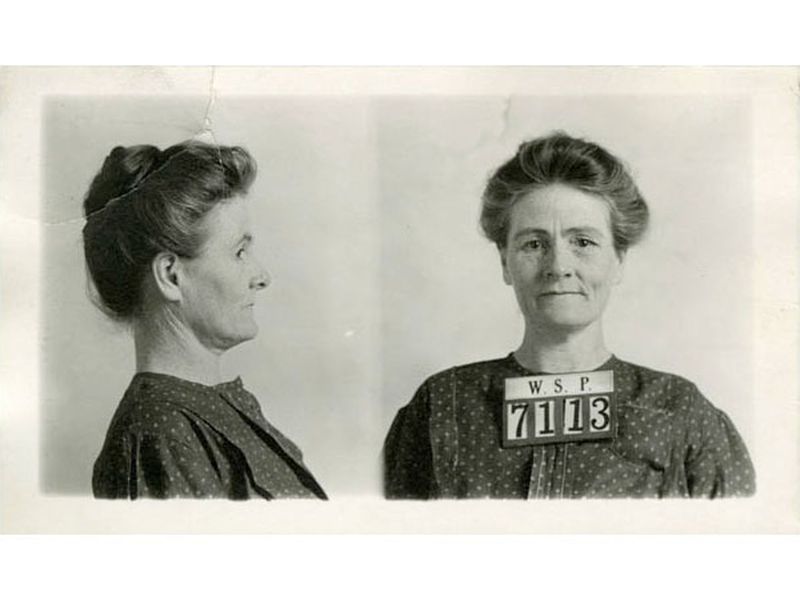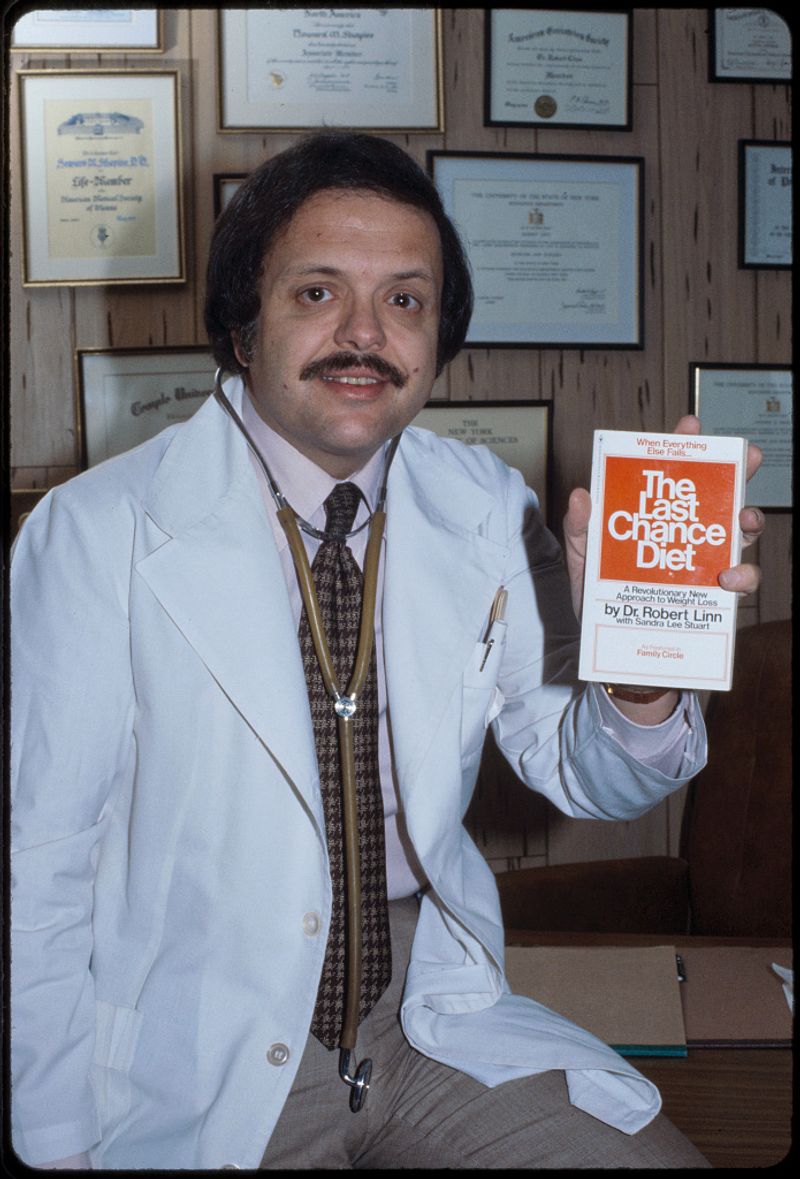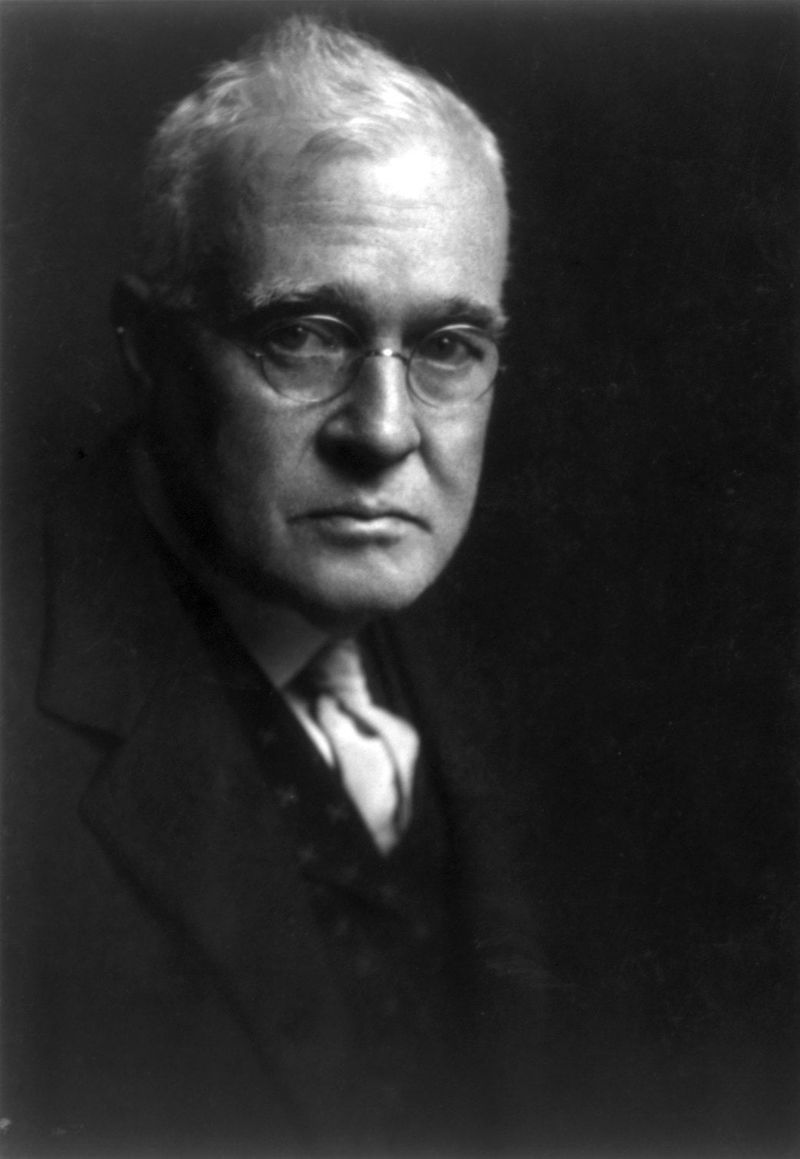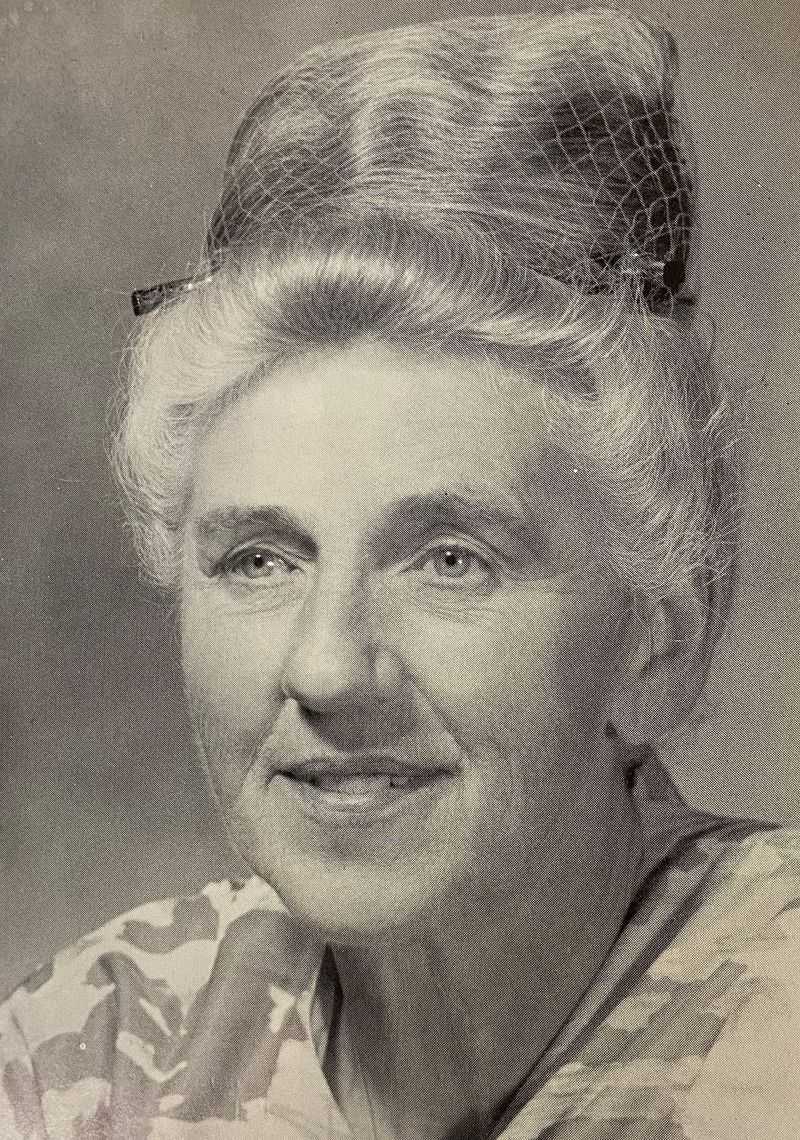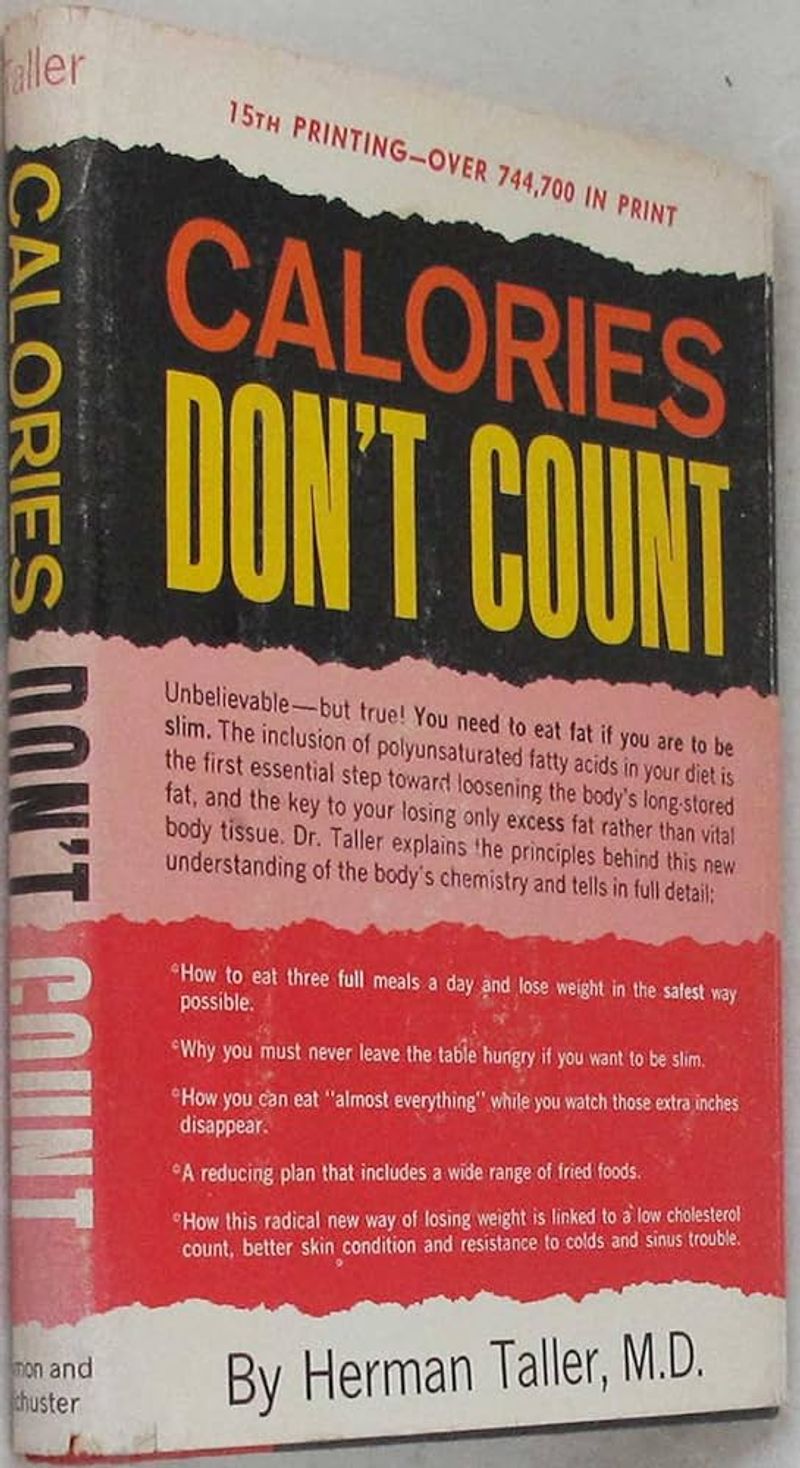Long before Instagram influencers and keto crazes, there were diet gurus whose wild ideas swept the nation—sometimes with serious consequences. These retro weight-loss wizards promised everything from instant slim-downs to eternal youth. But behind the catchy slogans and bestselling books were bizarre regimens, cult-like followings, and in some cases, dangerous advice. Here are 10 retro diet gurus who took things way too far.
1. Dr. William Howard Hay – No More Food Combining!
Picture your meal without potatoes and steak side by side. Dr. William Howard Hay, in the 1920s, championed a diet avoiding protein and starch mix. His ‘Hay Diet’ revolved around food combination separation, promoting health through this peculiar method. Despite lack of scientific backing, it captivated millions, changing eating habits worldwide. His theory? Improper combinations could rot inside the body. It’s a stark reminder of how diet ideas, no matter how strange, can take hold. Would you rearrange your plate based on unproven ideas?
2. Jean Nidetch – The Weight Watchers Queen with a Sweet Tooth
Craving cookies led Jean Nidetch to found a weight-loss empire. In the 1960s, she launched Weight Watchers after confronting her secret love for sweets. Her candid public confessions and tough-love meetings turned it into a billion-dollar brand. Nidetch weighed herself obsessively, believing transparency was the path to weight loss. Her personal methods sparked debate, balancing between inspiration and obsession. Her legacy? A dietary movement that still thrives today. Does admitting one’s weakness pave the way for success?
3. Lord Byron – The Romantic Who Drank Vinegar
The poetic Lord Byron, with his melancholic edge, drank vinegar to stay thin. In the 19th century, his diet of vinegar and water, sometimes with raw potato, became a trend. As one of history’s first ‘diet influencers,’ his eccentric regimen captivated Victorian England. His celebrity status transformed a bizarre practice into a widespread phenomenon. His legacy? An early example of how public figures can influence health fads. Would you follow a poet’s prescription for slimness?
4. Gayelord Hauser – Hollywood’s Health Nut
With a flair for showmanship, Gayelord Hauser captivated 1950s Hollywood with his dietary advice. With clients like Greta Garbo, he championed five ‘wonder foods’—brewer’s yeast, yogurt, wheat germ, molasses, and honey—as miracle cures. Despite doctors labeling his methods as pseudoscience, his persuasive charm won over Hollywood elites. His legacy lies in how dietary trends can bridge glamor and questionable science. Can celebrity endorsement turn unproven concepts into accepted wisdom?
5. Linda Hazzard – The Starvation Doctor
Imagine seeking health only to find peril. Linda Hazzard, a self-proclaimed fasting specialist, believed in starvation as a cure-all. Patients in the early 1900s endured extreme fasting under her care, many tragically losing their lives. Her convictions were so strong, she continued her practices even after serving prison time for manslaughter. What makes her story even more chilling? Hazzard’s own demise came from following her extreme methods. Her tale serves as a cautionary reminder of blind faith in radical beliefs. Would you trust a doctor who starves themselves to death?
6. Stanley Burroughs – The Master Cleanser Craze
Would you survive on lemon juice, cayenne pepper, and maple syrup? Stanley Burroughs thought so. In the 1940s, he devised the ‘Master Cleanse,’ a 10-day liquid diet promising detoxification. Without medical credentials, he faced charges for practicing medicine without a license. Yet, the cleanse resurfaced decades later, famously endorsed by Beyoncé. His efforts exemplify the persistence of detox fads despite risks. Can extreme measures offer genuine health benefits, or do they merely seduce with simplicity?
7. Dr. Robert Linn – Proponent of the “Last Chance” Liquid Diet
In the 1970s, Dr. Robert Linn introduced the ‘Last Chance Diet,’ relying on a grim protein liquid from animal by-products. While thousands embraced this last-resort weight loss method, dozens died from cardiac arrest. The diet’s withdrawal highlighted the peril of unchecked diet trends. Linn’s story remains a haunting reminder of the dangers lurking in the name of weight loss. Can desperation drive us to overlook clear risks?
8. Horace Fletcher – The Chew Chew Champion
Horace Fletcher, known as the ‘Great Masticator,’ believed that chewing each bite 32 times unlocked optimal health. In the early 1900s, ‘Fletcherizing’ became synonymous with good digestion. His peculiar claim that even waste could reveal digestive truths stood out in diet lore. His motto: ‘Nature will castigate those who don’t masticate.’ His ideas live on, a quirky chapter in the history of diet theories. How far would you go for the promise of wellness?
9. Adele Davis – Eat Right or Die Young
The 1950s saw Adele Davis championing the phrase ‘you are what you eat,’ emphasizing whole foods and mega-dosing vitamins. Her stance against processed foods gained a massive following, but her advice drew medical scrutiny. She faced lawsuits after her guidance allegedly harmed infants’ livers. Her story illustrates the double-edged nature of dietary zeal. Does passion for health sometimes blind us to potential dangers?
10. Dr. Herman Taller – Slimming with Saturated Fat
In the 1960s, Dr. Herman Taller boldly promoted a high-fat, low-carb diet, advocating safflower oil capsules for weight loss. His claim that ‘fat burns fat’ preceded modern keto trends, but the FDA disagreed. He was convicted for mail fraud, highlighting the potential pitfalls of unregulated dietary advice. His story serves as a lesson in the balance between innovation and oversight. Can pioneering ideas sometimes cross ethical lines?
